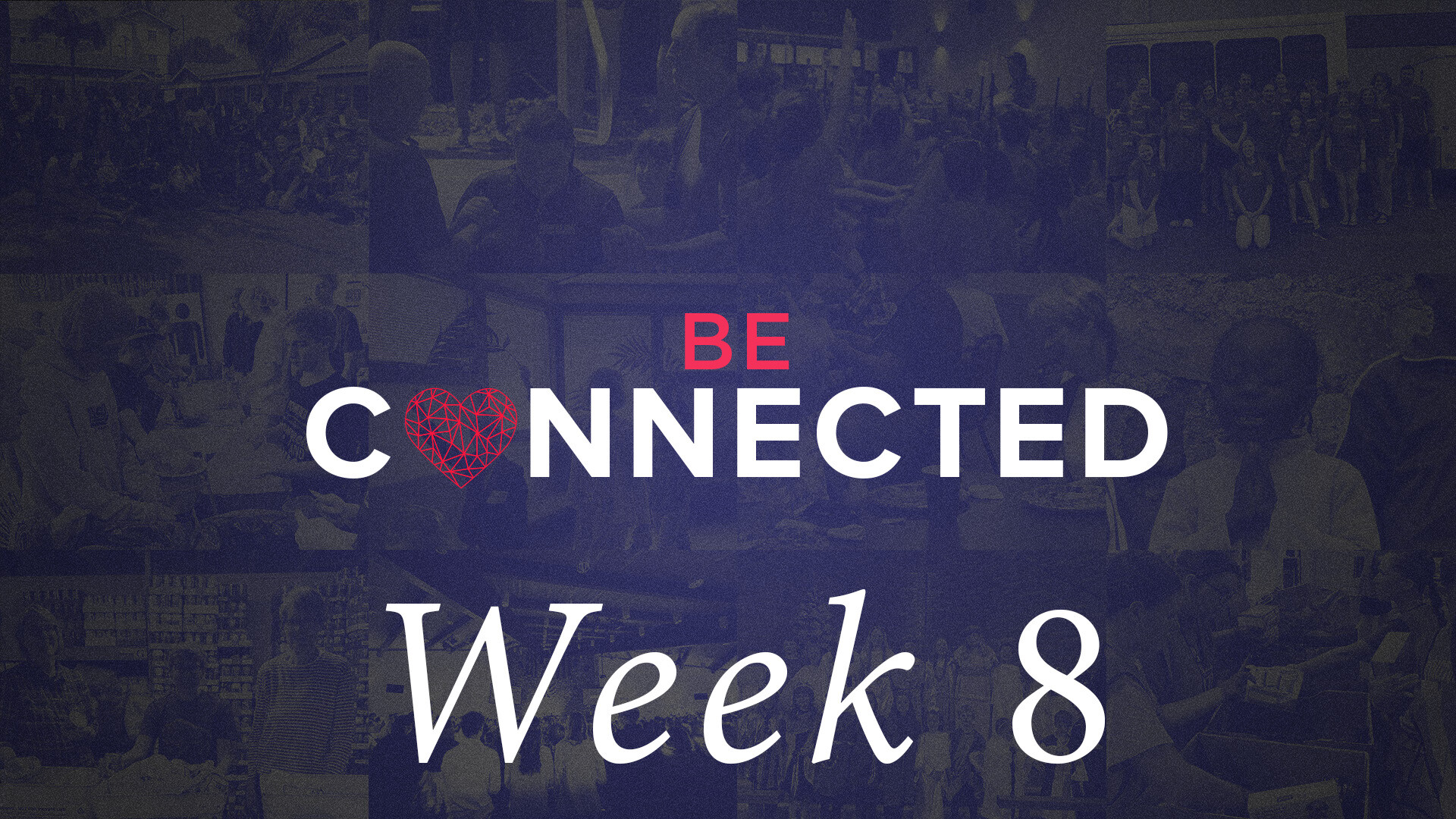May 13, 2024 | Be God's Light

Eli and His Sinful Sons
Scripture: 1 Samuel 2:12-36 (NIV)
12 Eli’s sons were scoundrels; they had no regard for the Lord. 13 Now it was the practice of the priests that, whenever any of the people offered a sacrifice, the priest’s servant would come with a three-pronged fork in his hand while the meat was being boiled 14 and would plunge the fork into the pan or kettle or caldron or pot. Whatever the fork brought up the priest would take for himself. This is how they treated all the Israelites who came to Shiloh. 15 But even before the fat was burned, the priest’s servant would come and say to the person who was sacrificing, “Give the priest some meat to roast; he won’t accept boiled meat from you, but only raw.”
16 If the person said to him, “Let the fat be burned first, and then take whatever you want,” the servant would answer, “No, hand it over now; if you don’t, I’ll take it by force.”
17 This sin of the young men was very great in the Lord’s sight, for they were treating the Lord’s offering with contempt.
18 But Samuel was ministering before the Lord—a boy wearing a linen ephod. 19 Each year his mother made him a little robe and took it to him when she went up with her husband to offer the annual sacrifice. 20 Eli would bless Elkanah and his wife, saying, “May the Lord give you children by this woman to take the place of the one she prayed for and gave to the Lord.” Then they would go home. 21 And the Lord was gracious to Hannah; she gave birth to three sons and two daughters. Meanwhile, the boy Samuel grew up in the presence of the Lord.
22 Now Eli, who was very old, heard about everything his sons were doing to all Israel and how they slept with the women who served at the entrance to the tent of meeting. 23 So he said to them, “Why do you do such things? I hear from all the people about these wicked deeds of yours. 24 No, my sons; the report I hear spreading among the Lord’s people is not good. 25 If one person sins against another, God may mediate for the offender; but if anyone sins against the Lord, who will intercede for them?” His sons, however, did not listen to their father’s rebuke, for it was the Lord’s will to put them to death.
26 And the boy Samuel continued to grow in stature and in favor with the Lord and with people.
27 Now a man of God came to Eli and said to him, “This is what the Lord says: ‘Did I not clearly reveal myself to your ancestor’s family when they were in Egypt under Pharaoh? 28 I chose your ancestor out of all the tribes of Israel to be my priest, to go up to my altar, to burn incense, and to wear an ephod in my presence. I also gave your ancestor’s family all the food offerings presented by the Israelites. 29 Why do you scorn my sacrifice and offering that I prescribed for my dwelling? Why do you honor your sons more than me by fattening yourselves on the choice parts of every offering made by my people Israel?’
30 “Therefore the Lord, the God of Israel, declares: ‘I promised that members of your family would minister before me forever.’ But now the Lord declares: ‘Far be it from me! Those who honor me I will honor, but those who despise me will be disdained. 31 The time is coming when I will cut short your strength and the strength of your priestly house, so that no one in it will reach old age, 32 and you will see distress in my dwelling. Although good will be done to Israel, no one in your family line will ever reach old age. 33 Every one of you that I do not cut off from serving at my altar I will spare only to destroy your sight and sap your strength, and all your descendants will die in the prime of life.
34 “‘And what happens to your two sons, Hophni and Phinehas, will be a sign to you—they will both die on the same day. 35 I will raise up for myself a faithful priest, who will do according to what is in my heart and mind. I will firmly establish his priestly house, and they will minister before my anointed one always. 36 Then everyone left in your family line will come and bow down before him for a piece of silver and a loaf of bread and plead, “Appoint me to some priestly office so I can have food to eat.”’”
Devotional
In the previous reading, we saw that Samuel served as Israel’s last judge and first prophet. Here we see that he also carried out the duties of a priest, wearing the priest’s official garment, a linen ephod (v. 18). Normally, the priesthood was passed from father to son. But Eli’s sons were not fit for the job. They profaned the sacrifices by greedily taking more than their share, and they desecrated the tent of meeting by sleeping with the women who served there. Speaking through a man of God, the Lord said to Eli, “Why do you honor your sons more than me?”
That’s a good question. What do you do when friends and family say, do and post things that are clearly outside of the ways of God? It is easy to overlook the indiscretions of others. It’s even easier when they are done by loved ones. To keep peace in the family, Eli allowed his sons to become “scoundrels… (with) no regard for the Lord.” His neglect ended up costing his sons their lives. What might Eli have done that could have changed the trajectory of their lives?
The priesthood was supposed to pass from Eli down through generations to come. But the Lord told Eli that his negligence would eventually result in the end of the priesthood in his entire family line. 1 Kings 2:27 records this taking place under Israel’s third king, Solomon who “removed Abiathar from the priesthood of the Lord, fulfilling the word the Lord had spoken at Shiloh about the house of Eli.” Unfaithfulness has far-reaching consequences.
In Exodus 34:6-7, the Lord told Moses, “The Lord, the Lord, the compassionate and gracious God, slow to anger, abounding in love and faithfulness, maintaining love to thousands, and forgiving wickedness, rebellion and sin. Yet he does not leave the guilty unpunished; he punishes the children and their children for the sin of the parents to the third and fourth generation.”
However, there is good news. The curse of generational sin can be stopped in its tracks. Galatians 3:13-14 says, “Christ redeemed us from the curse of the law by becoming a curse for us, for it is written: ‘Cursed is everyone who is hung on a pole.’ He redeemed us in order that the blessing given to Abraham might come to the Gentiles through Christ Jesus, so that by faith we might receive the promise of the Spirit.”
What does this lesson teach us about our ancestral heritage? What does it tell us about the legacy we leave for future generations?
Poem
Apathy's Costly Price Tag
I asked them once
I told them twice
But now
I’d rather rest
Than discipline
Than truly see
The wand’ring
From what’s best
Perhaps on own
They’ll find their way
I’m tired
Of constant nag
Ignore them once
Allow them twice
Apathy’s costly
Price tag

